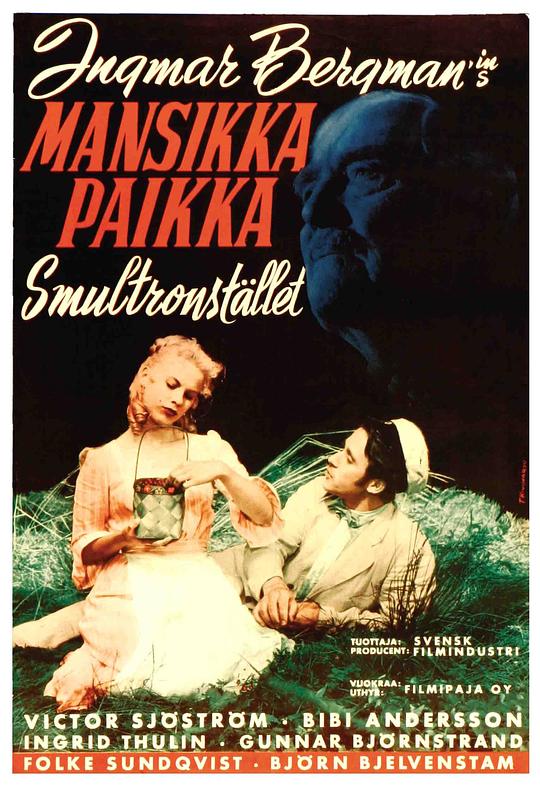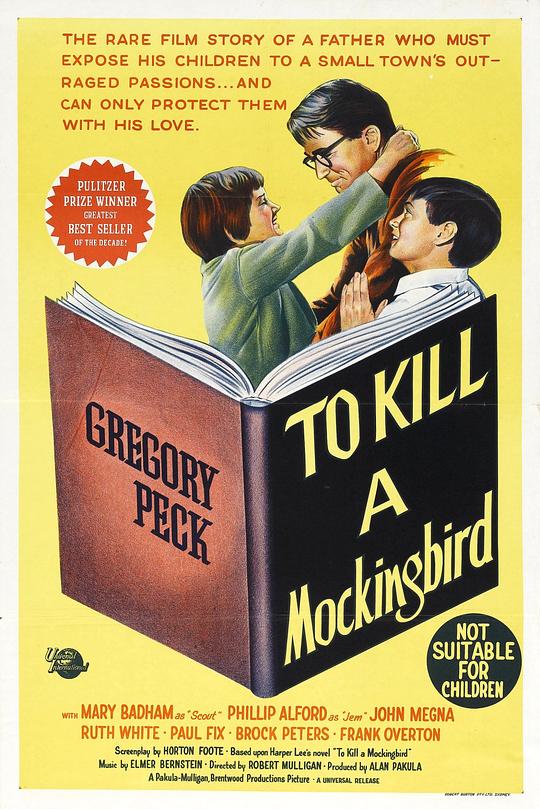
Adapted from Harper Lee’s novel of the same name released in 1960, the movie is a profound exploration of racial discrimination, justice and prejudice.
The movie tells the story of an incident near the author’s hometown when he was a child (1936). In the small town of Meigantown in the southern United States, Atticus, a lawyer, lives a quiet life with his two children, and when he takes over a case in which a black man is accused of raping a white woman, he sticks to his beliefs and defends the black man aggressively, and the title of the movie, “To Kill a Mockingbird The title of the movie “To Kill a Mockingbird” is a symbol that the mockingbird represents innocence and goodness.
The movie not only reveals the ugliness of racial discrimination, but also deeply reflects a social phenomenon – the tyranny of the majority. During the trial, we see the prejudice and ignorance of the majority, who are unwilling to believe that a black man may be innocent, and unwilling to accept that a black man may have the same rights as a white man, and are unwilling to accept that a black man may have the same rights as a white man. They are unwilling to believe that a Negro can be innocent, and unwilling to accept that a Negro can have the same dignity and rights as a white man, and this prejudice and ignorance makes this Negro a victim of the tyranny of the majority.
1962 / USA / Drama Crime / Robert Mulligan / Gregory Peck John Megginer

The town of Maycomb in the American South is home to a father, Finch (Gregory Peck), and his sons and daughters.
Despite the death of his wife, the family lives a happy life, and Finch is both strict and loving towards his children.
His father usually told them not to kill the mockingbirds that sang for mankind, because they were kind and never hurt anyone.
In addition to being a loving father, Finch was also a local lawyer who was brave enough to seek justice.
On this day he receives a rape case where the accused is a black man, Robinson (Brock Peters), and the victim is a white woman.
With a case like this, Robinson’s situation is worrisome in those days of considerable racial discrimination.
Even when Finch finds evidence that he didn’t commit a crime, it’s not enough to make people put aside their racial stereotypes.
Finch fought to uphold the facts and the justice of the law in the courtroom, yet it failed to stop people’s deep-rooted prejudices.
To make matters worse, white people with racial prejudices have made Finch a public enemy, and with Robinson unable to clear his name, a sadder fate awaits him.




